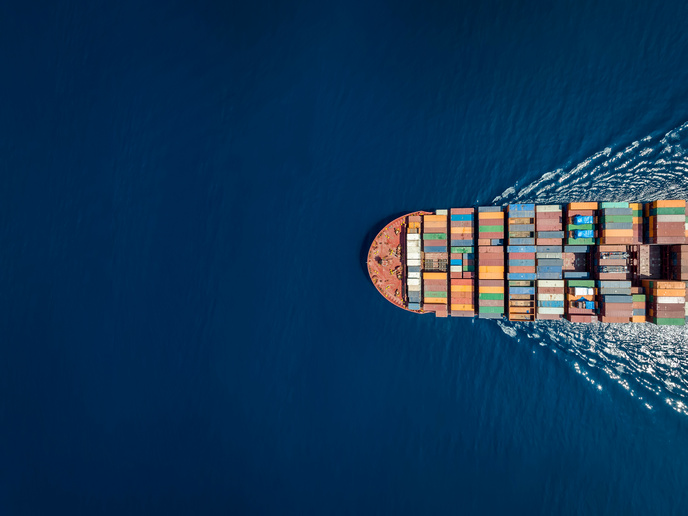Do cargo ships still need crews?
“The short answer is yes, but,” says Pinto, senior researcher at INESC TEC in Portugal. Short-sea shipping is already close to full automation, as shorter distances, more predictable weather and stable sea conditions throughout the voyage make it easier to implement autonomous systems. Being close to shore also facilitates remote monitoring of the vessel’s performance and systems. “In many cases, vessels can already be controlled remotely or operate semi-autonomously for significant portions of their journeys,” Pinto explains. Several major projects across Europe are leading the way in autonomous short-sea shipping, and are being rigorously tested in real-world scenarios to prove their reliability. Even for longer voyages, the majority of journeys are now often handled by autopilot systems, with only limited human intervention required. Automated systems manage many of a vessel’s key functions, including routing, navigation, and situational awareness, and are designed to reduce the cognitive load on the crew and minimise human errors caused by fatigue, stress or lack of sleep. Yet we still need crew members on board to ensure the overall safety of the vessel, adds Pinto. Humans are adept at handling real-time maintenance issues, rapidly responding to dynamic weather or sea conditions, and managing emergencies such as fires or mechanical failures. “Humans have an exceptional capacity to deal with unforeseen circumstances, which is something even the most advanced technology struggles to replicate,” notes Pinto. “No system is immune to malfunctions, and crewless ships present a significant risk when things go wrong.” In the EU-funded ATLANTIS project, Pinto and his colleagues developed a new testing infrastructure for robotic technologies designed to inspect and maintain offshore wind farms. The team ran a series of successful experiments with aerial, surface and underwater robots, helping to bring overall automation closer to reality. Pinto says the changes will unfold gradually in a phased approach: automated short-sea vessels and inland waterway ships within the next five years, followed by remotely operated cargo ships (with minimal crew) over the next 15 years. “Fully autonomous cargo ships may become a reality within the next 25 years.” Let’s hope the robot sailors are rustproof.
Keywords
ATLANTIS, shipping, automation, ships, autonomous, cargo



